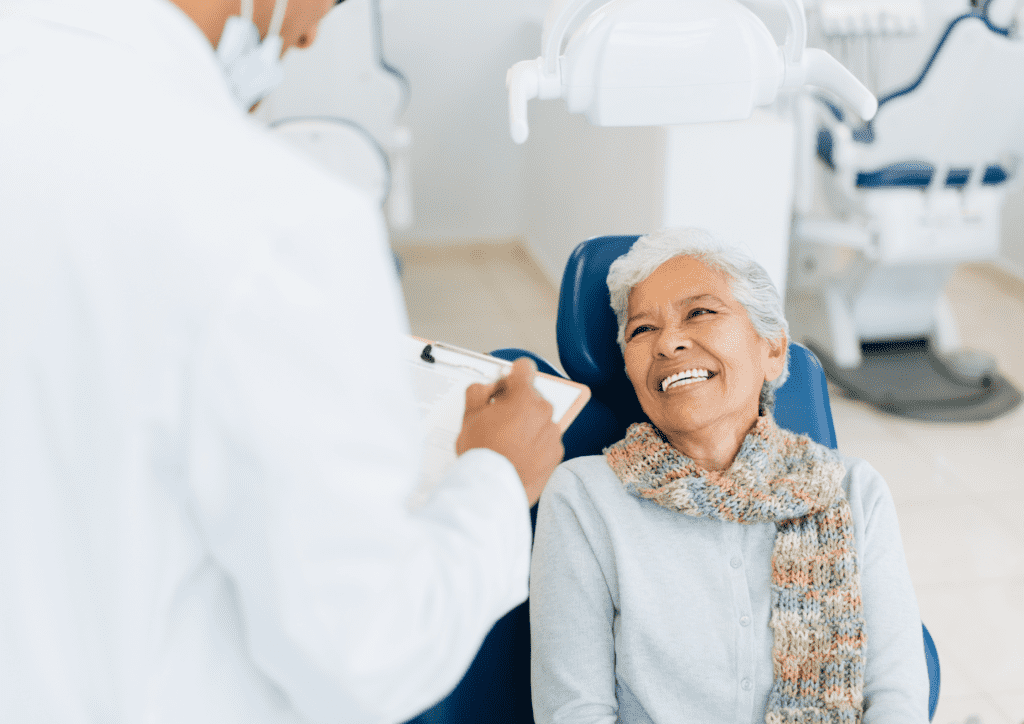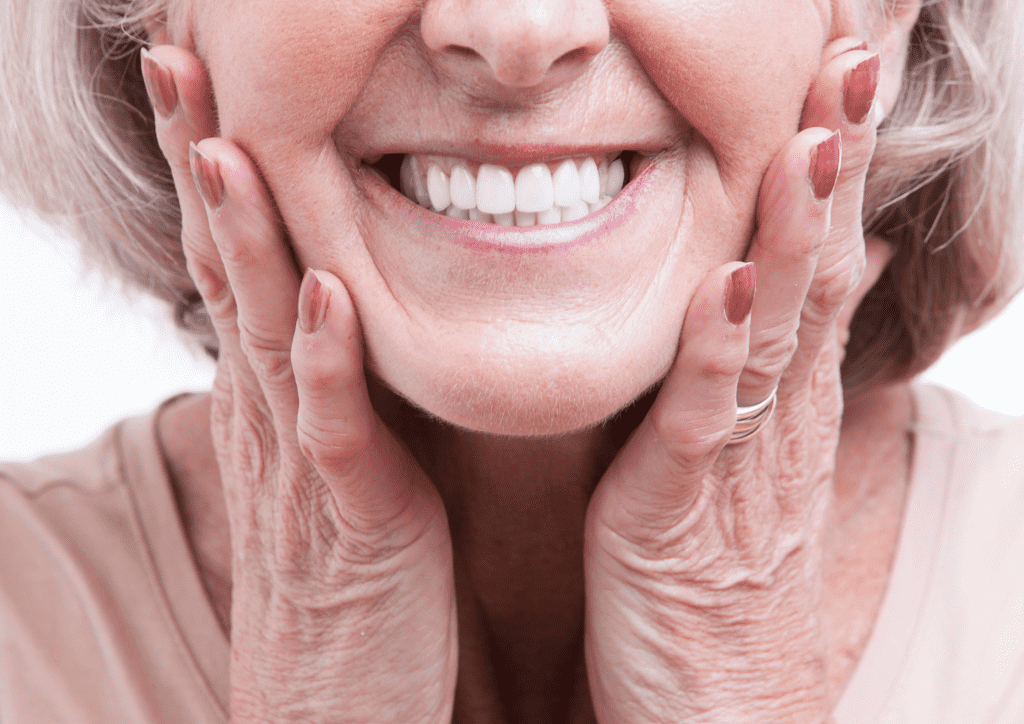If you’ve ever had to share a room with someone who snores, you know how unpleasant it can be. Snoring can make falling or staying asleep difficult, causing fatigue and drowsiness throughout the day. The sound results from air passing over relaxed tissues in your throat, and though it is often harmless, it can signify that you have sleep apnoea, a condition associated with severe health concerns.
Not every snorer has sleep apnoea, but many people who have sleep apnoea snore, and their snoring is typically quite loud. The following information will help you understand the condition and learn what is the best treatment for sleep apnoea.
What is Sleep Apnoea?
It is estimated that about 5% of Australians suffer from sleep apnoea, with men being about three times as likely to have it. The most common form may be called obstructive sleep apnoea or OSA, and it happens when the muscles of your throat relax too much when you are asleep. This causes the walls of your throat to narrow as you inhale. Air pulled into this narrowed airway causes the tissues in the back of the throat to vibrate, causing snoring.
Another form called central sleep apnoea or CSA is caused when the brain fails to send the proper signals to the muscles that control your breathing. CSA is rarer and more serious than OSA, and loud snoring is less common in this form, making diagnosing it more challenging. Both conditions are treatable, though understanding what is the best treatment for sleep apnoea depends on which form you have.
Either form can cause your breathing to be restricted or stop for a short amount of time, usually between ten seconds and one minute. You may be experiencing these periods of breathlessness even though you aren’t aware of them.
Health Risks of Sleep Apnoea
Sleep apnoea is a potentially serious problem. Left untreated, it can cause health problems, drastically decrease your quality of life, and even be fatal.
High Blood Pressure
Interruptions in breathing lower oxygen in the blood, which causes your body to work harder to supply your organs and tissues, leading to high blood pressure.
Heart Disease
Your heart must work harder to compensate for low oxygen, which can cause arrhythmias, cardiomyopathy, heart attacks, and heart failure.
Stroke
The same conditions that may cause you to develop the above conditions also cause a higher risk of stroke. This risk is higher in men, who can develop the problem earlier.
Brain Damage
The brain requires large amounts of oxygen to function correctly. If these tissues are deprived of oxygen over a long enough time, they deteriorate.
Depression
Frequent interruptions in your sleep can cause a change in brain activity and neurotransmitter production, which could lead to depression. Anxiety is another potential outcome. Your brain may send signals to your body to wake if it detects you are not breathing. These “microarousals” deplete neurotransmitters responsible for mood regulation, leading to anxiety.
Diabetes
Though it is unknown how sleep apnoea can cause diabetes, the two are frequently observed together. In addition, increased carbon dioxide in your blood can cause insulin resistance, making diabetes harder to treat.
Obesity
Sleep apnoea can cause low energy and chronic fatigue and may also slow your metabolism. All of these factors can cause obesity.
Mortality
Sleep apnoea can directly cause death by what is called immediate tissue ischemia, or tissue death due to a lack of oxygen, in the heart or brain. This can cause a fatal heart attack or stroke.
How Is It Treated?
What is the best treatment for sleep apnoea depends on its severity and form. Conservative treatment such as weight loss may be all that is needed. Nasal sprays and breathing strips may also help reduce symptoms and improve airflow as you sleep.
Treatment may consist of medicinal therapy, oxygen therapy, or mechanical breathing therapy such as continuous positive airway pressure, or CPAP. CPAP machines are publically funded in Australia, and all health care card holders are eligible to receive government-subsidized equipment. Other forms of treatment may include surgeries that reduce the amount of soft tissue in your upper airway.
Another form of treatment involves mandibular advancement splints, which are special appliances available from your dentist that help keep your airway open during sleep.
Summary
If you suspect you may be suffering from sleep apnoea, consult a healthcare professional as soon as possible. You will likely be asked to undergo a sleep study for diagnosis and as a first step in developing a treatment plan.Contact your dentist or other healthcare providers for more information and to arrange a consultation. Sleep apnoea can be a potentially serious condition that, left untreated, may cause grave health problems or worsen existing concerns. Available treatments can not only restore restful sleep, but they can also guard against and even reverse the effects of sleep apnoea.














